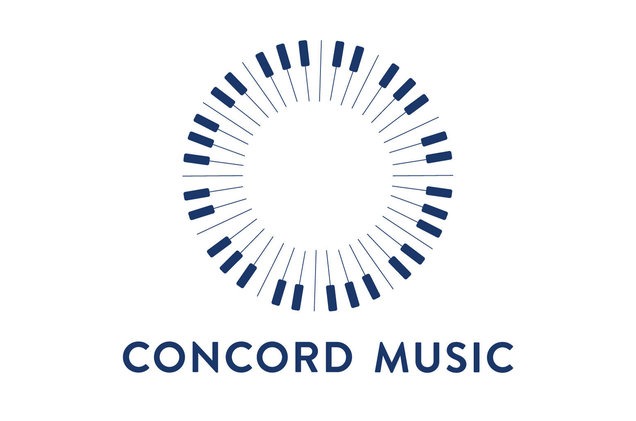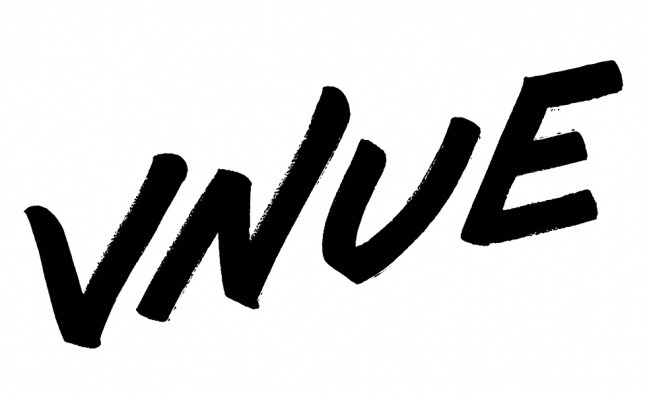Our friends at Royalty Exchange round up and analyze the top news stories of the last fortnight in music royalties.
Week ending February 9th: Smart Money Continues To Chase Music Royalties
Concord Music Acquires Film Score Record Label Varese Sarabande (Billboard)
Though the stock market is officially in a “correction,” the music royalty investment market shows no signs of slowing down. Some experts say that a stock market correction was overdue and this is just business as usual, keep thinking long term, etc. Nevertheless, this week’s volatility is a reminder of why music rights are becoming a hot alternative asset for investors.
This week’s and last week’s news of Concord Music’s latest acquisitions are evidence of such. Last week, we linked one of our top stories from Music Business Worldwide: Concord Music Acquires Cole Porter And George Gershwin Copyrights With Tams-Witmark Music Library Buyout. This week, it is reported that Concord has purchased the Varese Sarabande record label. The flurry of Concord’s acquisition activity comes with the help of institutional investor, Barings Asset Management.
The Varese Sarabande catalog is a movie soundtrack lover’s dream. The label has around 2,000 soundtracks and albums from film composers (such as Hans Zimmer and Danny Elfman) with annual revenue around $8 million. Concord reportedly paid around $20 million to $25 million for the label.
This is why, when clients ask me what’s the best music rights investment out there, my response is always, “Evergreen hits or TV/Film score.” Why? Because that music has the longest track record for consistent and significant earnings.
For example, a composer I know wrote the cues and score for a popular television show. The show was on the air for a long time and eventually went to worldwide syndication. The public performance royalties for this composer still averages in the ballpark of $200,000 to $400,000 a year.
While the show stopped production some time ago, episodes are broadcast all over the globe… and music along with it. And so the performance dollars just keep rolling in every quarter. Stock market correction, crash or boom – that old TV show is still airing and generating income.
The same goes for popular film score, even more so in the new streaming economy. Popular film soundtracks are bought, streamed and performed all over the world. The sound recording revenue from popular film soundtracks is easily a millionaire’s game. As Billboard reports, the net label share of Varese is around $4 million annually. [READ MORE]
And now for this week’s other headlines:
- Senate Introduces Bi-Partisan CLASSICS Act (Billboard)
- Apple Music on Track to Overtake Spotify in U.S. Subscribers (WSJ)
- Warner Music Group Revenues Grew by 14% in Q4 2017 (Music Ally)
- Sony Music Generated $3.8 Billion in 2017, Streaming Revenue Jumps 33% (Music Business Worldwide)
- Best Buy to Pull CD’s, Target Threatens to Pay Labels for CD’s Only When Customers Buy Them (Billboard)
Week ending February 16th: Can This Company Increase Royalty Payments From Live Performances?
VNUE Inc. Acquires Soundstr to Streamline Live Performance Royalty Tracking (Billboard)
The Soundstr acquisition this week is certainly of interest to all who have a financial interest in public performance royalties.
Since the very nature of attempting to track live performances of songs across every bar, club, restaurant and concert venue throughout the country can be a major challenge, any progress to make this process more fair and transparent is always welcome.
I’ve been involved in this issue of live performance royalties since 2007. I can say firsthand that it can get pretty messy.
Most venues complain they are overcharged for blanket license fees. These licenses grant them access to millions of songs, but most will never actually be performed in their establishment. For example, a venue that features mostly independent Folk or Americana music really has no need to pay a high license fee for access to millions of non-folk songs.
The venues want to pay only for what they play. And the performers and songwriters want to know their songs are being tracked correctly to receive fair compensation for live performances of their music.
In my experience, unless the songwriter or the artist directly reports which songs were used, some live performances generally go unnoticed. Therefore, the live performance royalties go unpaid.
Each of the PRO’s have their own live concert performance reporting system. It usually requires the writer, artist, or their representatives to register each individual song, for each individual concert date, complete with venue name, address, capacity, headliner/supporting act data, ticketing info, artist name, tour name, etc.
Most writers and artist don’t actually complete these registrations, but their publisher or management team should. If their representative didn’t have the correct concert data, many times there were errors that resulted in inaccurate payments.
Enter Soundstr, a music technology startup that created a tracking technology allowing concert venues to identify the songwriters and their performing rights organization for every song performed in their establishment. [READ MORE]
And now for this week’s other headlines:
- UMG Revenue Grows 10% To $7.1 Billion, Streaming Up 35% (Hypebot)
- Music Publishers Call For Suspension of Spanish Music Royalty Society, SGAE (Complete Music Update)
- French Recorded Music Market Up 3.9%, Streaming Income Grows to €243 Million (Music Business Worldwide)
- REPORT: Spotify Revenue Up 40%, On Track to $5 Billion Per Year (Hypebot)
- Garth Brooks, Tina Turner and Neil Young Join Call for CLASSICS Act Passage (Billboard)

